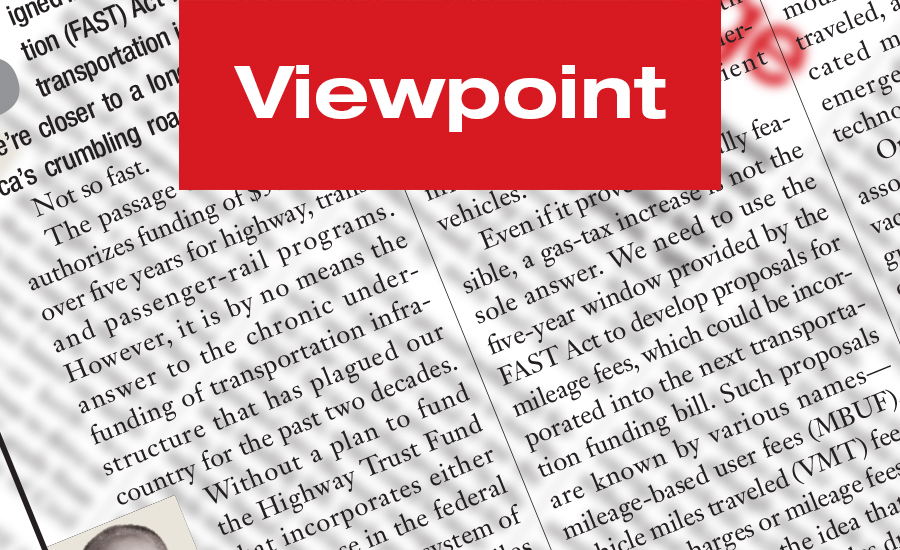The long and sorry saga of litigation between Tampa Bay Water and HDR Engineering over needed repairs to the six-year-old C.W. Bill Young Regional Reservoir has taken yet another turn for the worse as TBW’s board apparently will insist on pursuing an appeal from the federal court that hosted the jury trial TBW lost earlier this month. The estimated cost of such an appeal is up to $400,000, and TBW General Manager Gerald Seeber announced on April 16 that the utility will be filing a motion for a new trial in the case.
A federal judge granting a new trial after a jury verdict is a thing as rare as a flawless yellow diamond, but the motion is required if TBW intends to appeal the adverse verdict. No one at TBW has said what the grounds for the new trial motion might include. Federal rules prohibit TBW from raising anything on appeal that is not included in the new trial motion.
A brief review of the history of this case reveals that reversal of the jury's verdict on appeal is about as likely as a man flying to the moon by flapping his arms. TBW initially brought the lawsuit not only against HDR, but also against TBW’s general contractor and construction manager. HDR was blamed for alleged design defects in the reservoir plans, and the construction manager andcontractor were blamed for improper soil placement during construction.

In the lawsuit, TBW claimed damages of as much as $140 million, including prejudgment interest. After mediation efforts, TBW accepted settlements from the construction manager for $6 million and from the general contractor for $750,000. Apparently everybody thought there was some merit to the issue of improper soil placement. HDR offered a $30-million settlement in the mediation, and the TBW board initially voted to accept that sum and put an end to the case. However, a month later, the board reversed itself and directed its lawyers to take the case to trial against HDR.
While TBW and its trial lawyers could have blamed HDR for failing to discover the improper soil placement under HDR’s contractual responsibility for "quality control" during construction, TBW's trial lawyers conceded in their closing arguments to the jury that they were making no quality-control claims against HDR, probably because if a verdict against HDR was based in part on lack of quality control, TBW’s settlements of $6.75 million from the other parties would be deducted by the judge from any verdict against HDR. Judge James A. Whittemore instructed the jury accordingly.
After four hours of deliberations at the end of the case, the jury sent out a question to Judge Whittemore, asking whether "quality control" included "execution of design"—an obvious reference to the issue of improper soil placement. Upon the conclusion of the discussions with all the attorneys, Judge Whittemore answered the jury's question, stating that overseeing construction to ensure it met design specifications fell under the definition of "quality control." Within minutes afterward, the jury returned its verdict exonerating HDR.
If there were mistakes in these legal proceedings, they occurred first when TBW rejected HDR’s $30-million offer and then, in an effort to avoid an offset of the earlier settlements against any verdict in TBW’s favor, TBW’s trial lawyers conceded it was making no quality-control claims against HDR. For TBW to spend another quarter-million dollars or more in pursuing an appeal from this jury verdict is clearly throwing good money after bad.


Post a comment to this article
Report Abusive Comment